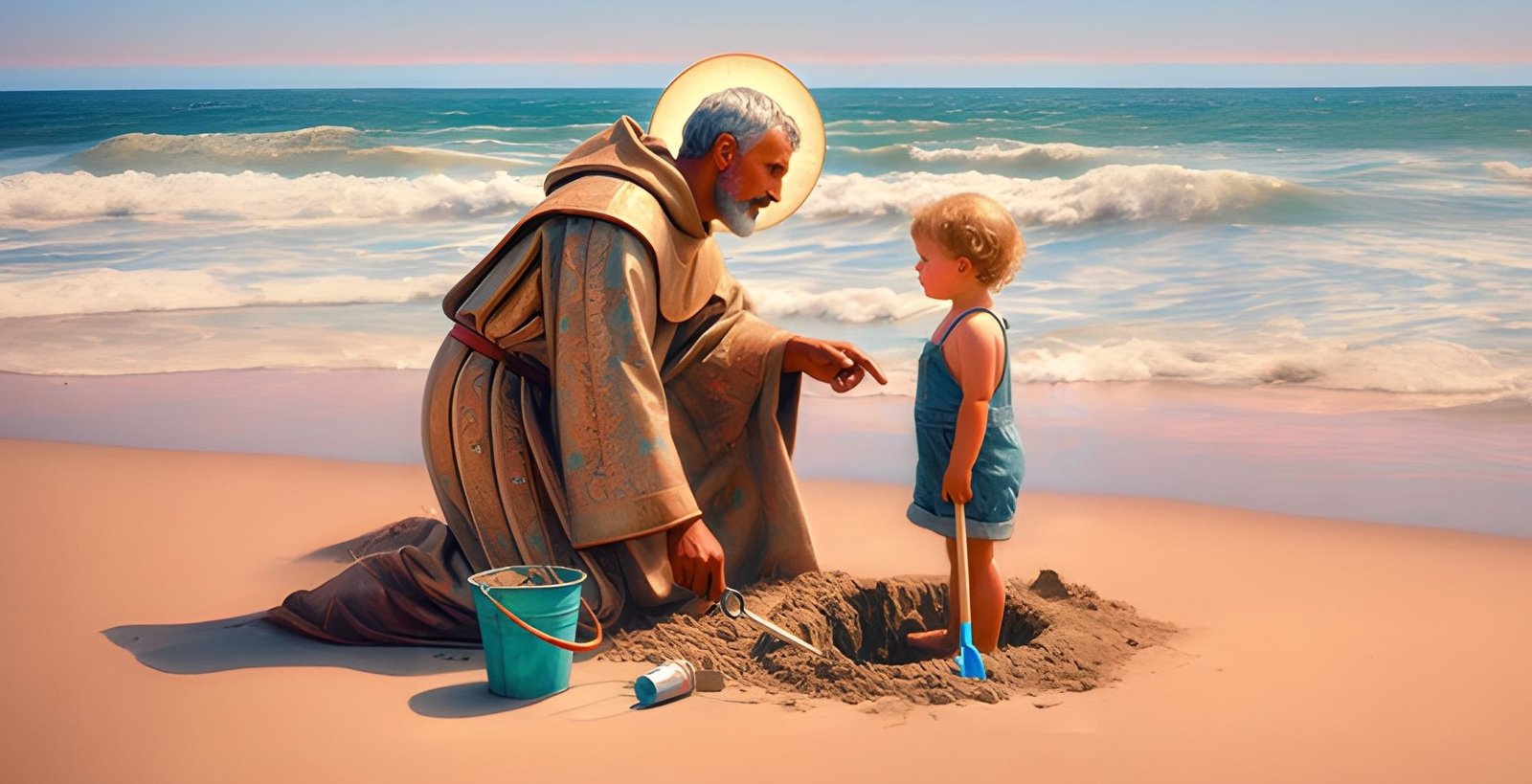For most of us, the road that leads to a belief in the existence of God has many obstacles that must be overcome. One of the primary obstacles lies in the very nature of a human being. For those of you who have always heard that we are wired for a belief in God this may sound counterintuitive. However, human beings by their very nature are both inquisitive and demanding. When we have a question, we want the answer. This is particularly true with the younger generation. Not only do we want our answer, we want the answer to be immediate, complete, accurate, completely truthful, and above all, the answer must make sense. If it does not make sense we think we automatically have an out which often to rejection of the correct answer. Belief in God can be in stark conflict with this requirement. The answer is simple, but difficult for many to accept. Not being able to accept this answer forces many of us to walk away from the very answer we were seeking.
To demonstrate this, I’d like to share a story with you that I recently heard. Some of you may already know this story since I have found it in multiple places throughout the Internet. Although I could simply link the story for your reference, the specific translation as was related to me does the very best job of explaining this basic problem of human nature as it relates to religion. I will warn you before we begin that this story is considered apocryphal. It may or may not be true. However, it does a beautiful job of shining the light of day on this basic problem which we all must learn to conquer.
Saint Augustine (354-430 AD) is a well-known Catholic saint who spent much of his life trying to understand the mystery of a trinitarian God. How could a triune God possibly exist? He needed to provide an answer to others who could not accept the concept. Try as he might though, he did not know how to explain this mystery. One day he was walking along the beach, wrestling with this problem, when he saw a young boy on the beach ahead of him. As he watched the child, the small boy dug a hole in the sand, and then went down to the water’s edge. He filled his little pail with water, came back to the hole, then dumped the water into the hole. He repeated this process several times. Saint Augustine approached the boy and said “Child, what are you doing”? The boy replied, “I’m going to transfer that big ocean into this hole”. Saint Augustine answered, “You foolish child, you’ll never be able to put that big ocean into that little hole”! The little boy looked at him and said, “Neither will you be able to explain the mystery of the Trinity with your finite mind”, and he disappeared.
Those two words, finite mind, perfectly describe the problem. Before we can fully accept God’s existence, we must realize that we are finite, not infinite. We do not have all the answers. We must come to grips with the fact that there are things outside our understanding. Wisdom begins when we can honestly accept this. There are multiple places in the Bible where this concept is described. For example, when we read that we are not ready for solid food, or that we must be like children in order to enter the kingdom of God. The real question is this; can we be adult enough to accept being a child?

